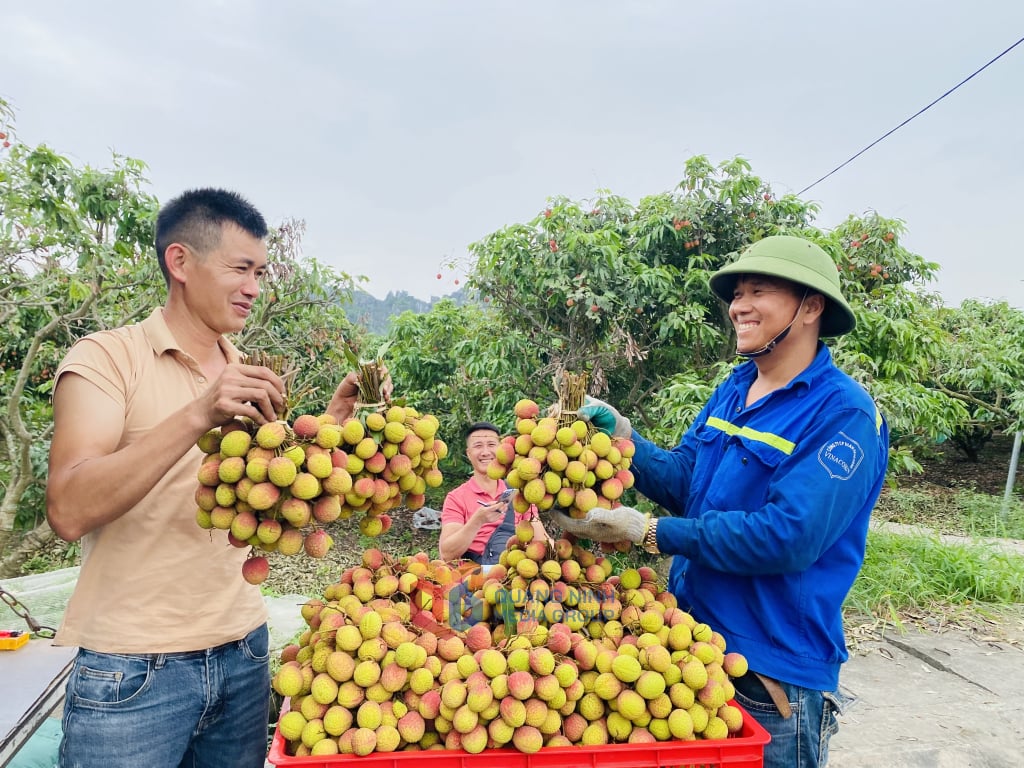
From 2020 to present, the province has implemented nearly 50 provincial-level scientific tasks related to agriculture and the environment, with a total investment of nearly 124 billion VND, of which the state budget plays a leading role with over 104 billion VND. The products of these scientific tasks have promoted the application of technical advances, contributing to increasing productivity and reducing production costs in the agricultural sector, such as: Average rice yield increased by 0.6 quintals/ha; corn yield increased by 4.9 quintals/ha. In particular, the value of crop production per hectare increased significantly, from 73.8 million VND in 2020 to 109 million VND in 2025. This is a clear demonstration of the application of science and technology bringing practical economic efficiency to farmers.
In addition, the province pays special attention to organic agriculture and clean agriculture. Currently, there are 419 hectares of organic agricultural production in the area, 322.35 hectares of production applying VietGAP standards and 14 safe food supply chains are maintained, ensuring quality and safety for consumers.
Digital transformation is not only applied in the fields but also in quality management by issuing nearly 2,500 QR codes for agricultural and aquatic products, accounting for 81% of key products. In the processing stage, currently 22 agricultural, forestry and aquatic product processing facilities have invested in high technology, meeting export standards. This is a key factor in increasing the added value of products, thereby expanding the market and increasing income for people.
In parallel with focusing on production, digital transformation also plays an important role in resource management and environmental protection. The rate of biologically treated livestock waste reached 93.24%. In forestry, the productivity of planted forests increased from 11.88m³/ha (2020) to 14.39m³/ha (2024), with 20,313ha of forests certified by FSC.
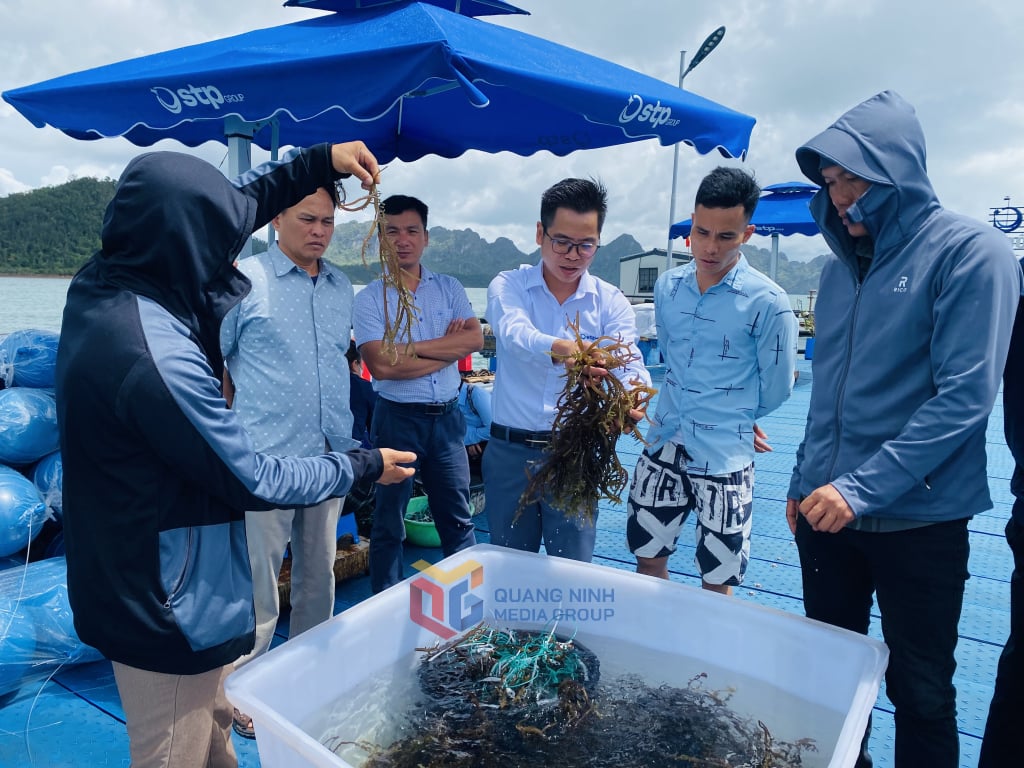
Despite many achievements, the province's agricultural sector is still facing some major difficulties, such as: Unsynchronized digital infrastructure; many remote areas still lack network connection; incomplete land database; lack of high-quality human resources in the technology sector; legal and planning problems slow down the progress of forming high-tech agricultural zones. Mr. Nguyen Minh Son, Director of the Department of Agriculture and Environment, said: Digital transformation in the agricultural sector is not only a technological advance but also a shift in management thinking and production organization. When digital platforms are connected and operated effectively, the province's agriculture will gradually modernize, improve competitiveness and truly become a pillar of sustainable economic development. To realize Resolution 57-NQ/TW of the Politburo on breakthroughs in science, technology, innovation and national digital transformation in the 2025-2030 period, the agricultural sector identified the need for breakthrough solutions in science, technology and digital transformation that need to be focused on more synchronously, systematically and comprehensively in the coming period.
One of the key tasks is to develop an innovation ecosystem, which is to support the development of at least 1 agricultural enterprise each year to become a science and technology enterprise or an innovation enterprise. Along with that is the goal of completing a large database (Big Data) on land, environment, forest resources and agricultural production. This is an important foundation for building the "Quang Ninh Digital Agriculture Platform", an ecosystem that connects and operates in real time, integrating new technologies such as artificial intelligence (AI), blockchain, Internet of Things (IoT) to digitize the production - processing - consumption of agricultural products. The application of digital transformation does not stop at the database but "smartens" each stage in the agricultural value chain through irrigation management, pest warning, crop optimization, cost reduction and productivity increase. In processing, advanced technologies such as HACCP, GMP, freezing, vacuum... will help increase added value and extend product life cycle.
The agricultural sector continues to strongly promote e-commerce in agriculture. The goal is that by 2030, the entire sector will train at least 100 additional technicians who meet digital transformation standards and are capable of operating digital agricultural systems professionally. At the same time, it will invest in deploying smart water and land resource management solutions, through sensors, automatic monitoring systems, etc. Thereby, it will contribute to forest monitoring and early detection of forest fire risks.
Source: https://baoquangninh.vn/chuyen-doi-so-trong-nong-nghiep-3363330.html



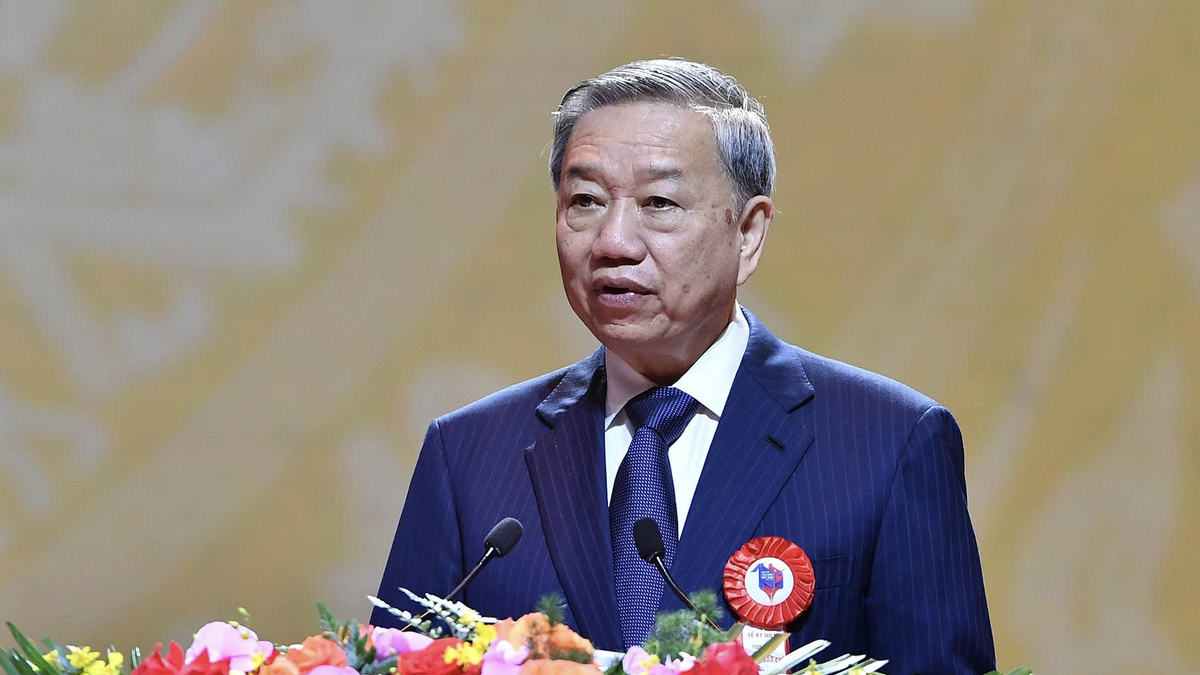








![[Photo] Central Propaganda and Mass Mobilization Department meets with exemplary journalists](https://vphoto.vietnam.vn/thumb/1200x675/vietnam/resource/IMAGE/2025/6/21/9509840458074c03a5831541450d39f8)




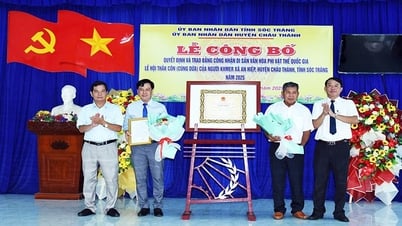





















![[Maritime News] Wan Hai Lines invests $150 million to buy 48,000 containers](https://vphoto.vietnam.vn/thumb/402x226/vietnam/resource/IMAGE/2025/6/20/c945a62aff624b4bb5c25e67e9bcc1cb)









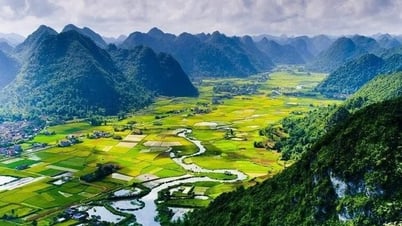

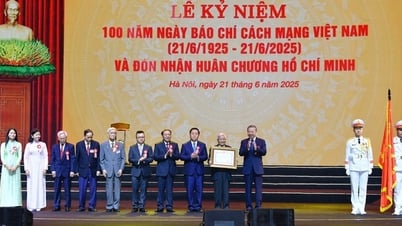



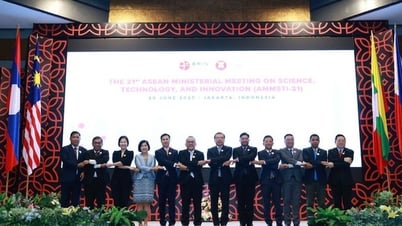



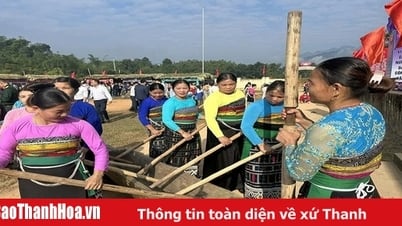


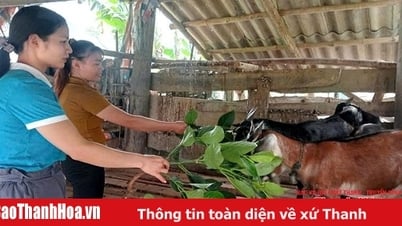
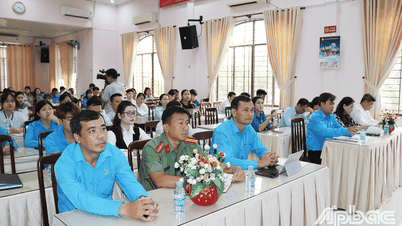










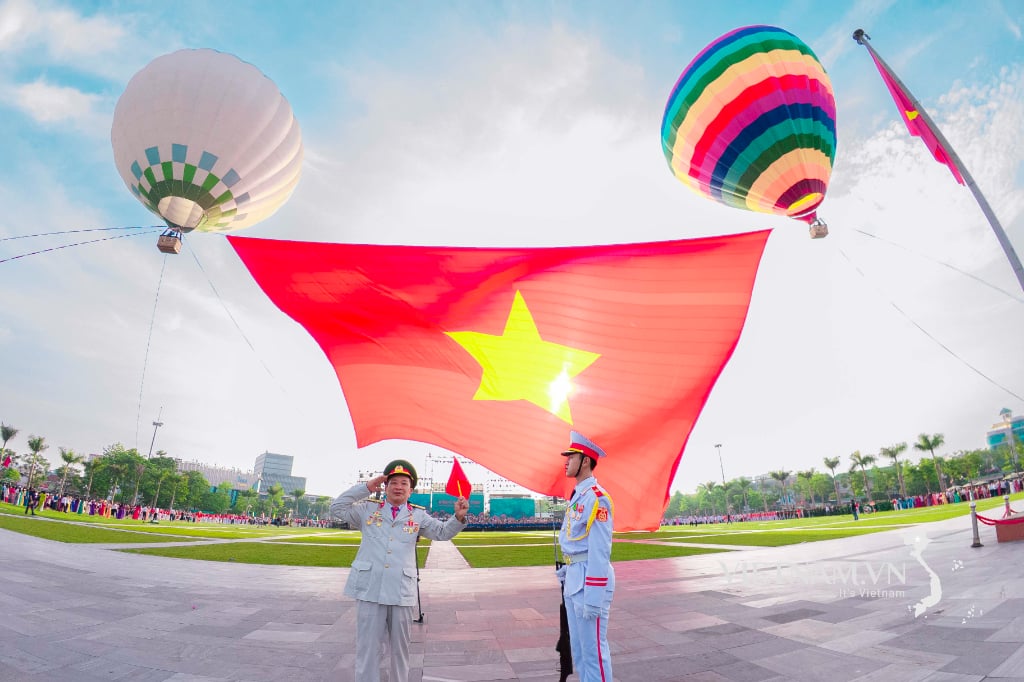



Comment (0)